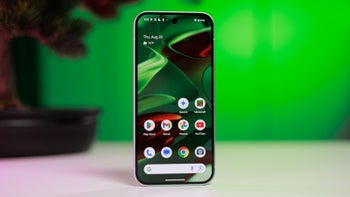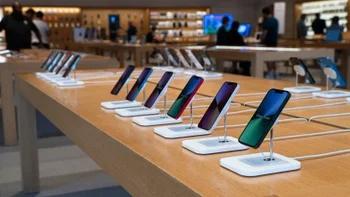Android users are three times more likely to uninstall a game as their iOS counterparts
According to a new report, Android users are twice as likely to uninstall apps from their devices compared to iOS users.
AppsFlyer has tracked more 20 million app uninstalls between September and October this year. According to its findings, on average, 3 out of 10 apps eventually get uninstalled. That's an interesting finding on its own but once the researchers divided their results by operating system, they came across a major difference.
On average, an Android app is twice as likely to be uninstalled compared to an iOS app. Before diving even further into the data, it's worth pointing out that the obvious reason is also the accurate one in this case. According to AppsFlyer, this big difference is mostly caused by the fact that iPhones and iPads come with more storage space compared to the average Android device.
The same report also highlights that Android users are much more likely to uninstall a mobile game as their iOS counterparts. The stats show that a whopping 43% of Android games get uninstalled later on. iOS users, on the other hand, are much more gentle, showing the virtual door to just 13% of games.
AppsFlyer has tracked more 20 million app uninstalls between September and October this year. According to its findings, on average, 3 out of 10 apps eventually get uninstalled. That's an interesting finding on its own but once the researchers divided their results by operating system, they came across a major difference.
The same report also highlights that Android users are much more likely to uninstall a mobile game as their iOS counterparts. The stats show that a whopping 43% of Android games get uninstalled later on. iOS users, on the other hand, are much more gentle, showing the virtual door to just 13% of games.
AppsFlyer also found that uninstall rates are at their lowest in the United States. At the opposite end of the spectrum, emerging markets - where low-cost phones are prominent - feature very high uninstall rates. Again, this mostly happens due to US smartphone and tablet users usually having more storage space available on their devices and generally having no need for more severe storage management practices.
source: AppsFlyer













Things that are NOT allowed: